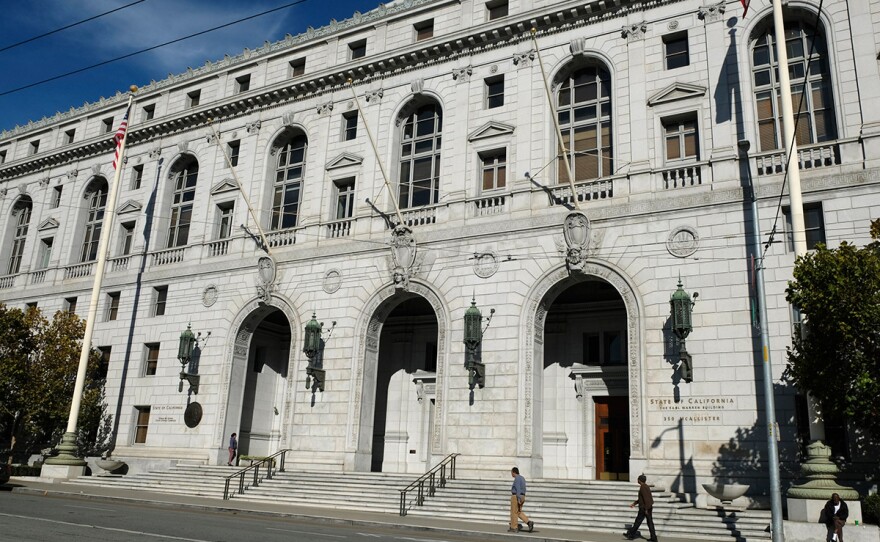The California Supreme Court overturned the death sentence of a convicted double-murderer because the prosecutor focused on the defendant's racist beliefs during closing arguments in the penalty phase of the trial.
The high court's decision Thursday was unanimous, the Los Angeles Times reported.
In the opinion, Justice Leondra R. Kruger wrote that the San Diego County prosecutor argued about defendant Jeffrey Scott Young's racist tattoos and white supremacist beliefs to highlight their offensiveness rather than for a connection to the crime.
"The prosecutor openly and repeatedly invited the jury to do precisely what the law does not allow: to weigh the offensive and reprehensible nature of defendant's abstract beliefs in determining whether to impose the death penalty," Kruger wrote.
RELATED: Gov. Gavin Newsom Suspends Death Penalty In California
The decision means Young must have a new penalty trial or have his sentence reduced to life in prison without the possibility of parole.
The killings occurred during a 1999 robbery of a parking lot near San Diego International Airport.

The robbery was planned by an employee of the parking lot and carried out by Young and two accomplices.
Employees Teresa Perez and Jack Reynolds were shot to death. A bystander was shot at and a car was stolen from another victim.
Young was arrested three years later and convicted of two first-degree murders, attempted murder and carjacking.
During the penalty phase arguments, the prosecutor also put seven witnesses on the stand to talk about Young's racism.
The state Supreme Court said the First Amendment doesn't permit the prosecution to ask a jury to return a particular verdict because the defendant holds offensive beliefs.
"Evidence of a defendant's racist beliefs is not relevant if offered merely to show the moral reprehensibility of the beliefs themselves," Kruger wrote.
The justice said the prosecutor chose to not solely rely on evidence that included "the needless close-range shooting of two defenseless employees who appeared to be complying with the robbers' demands."







